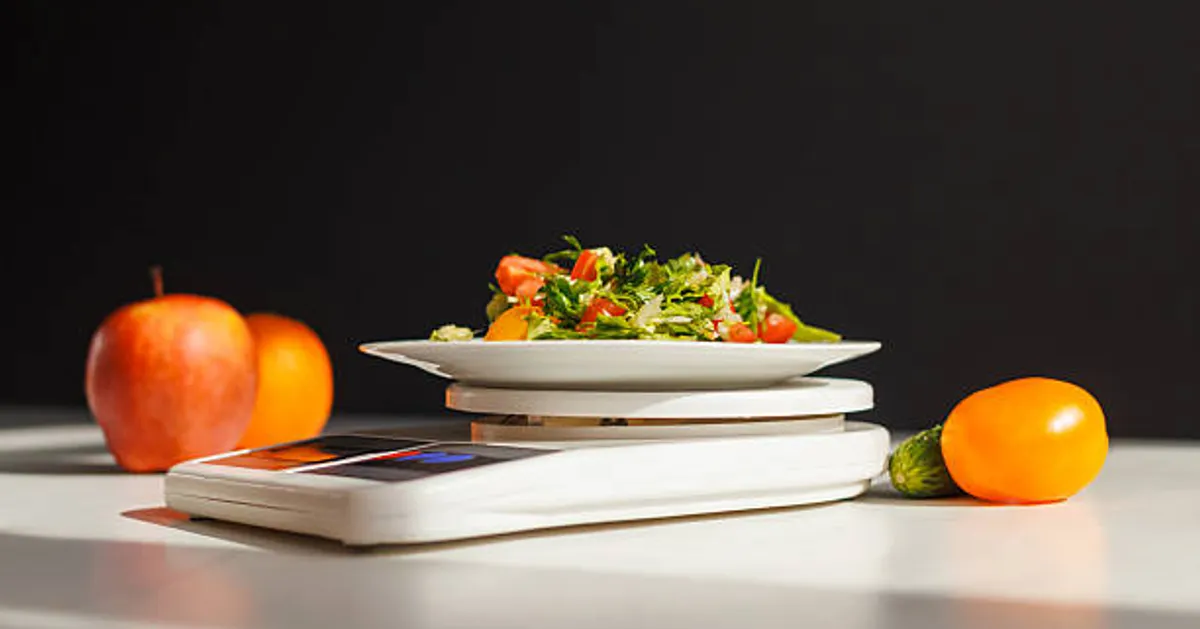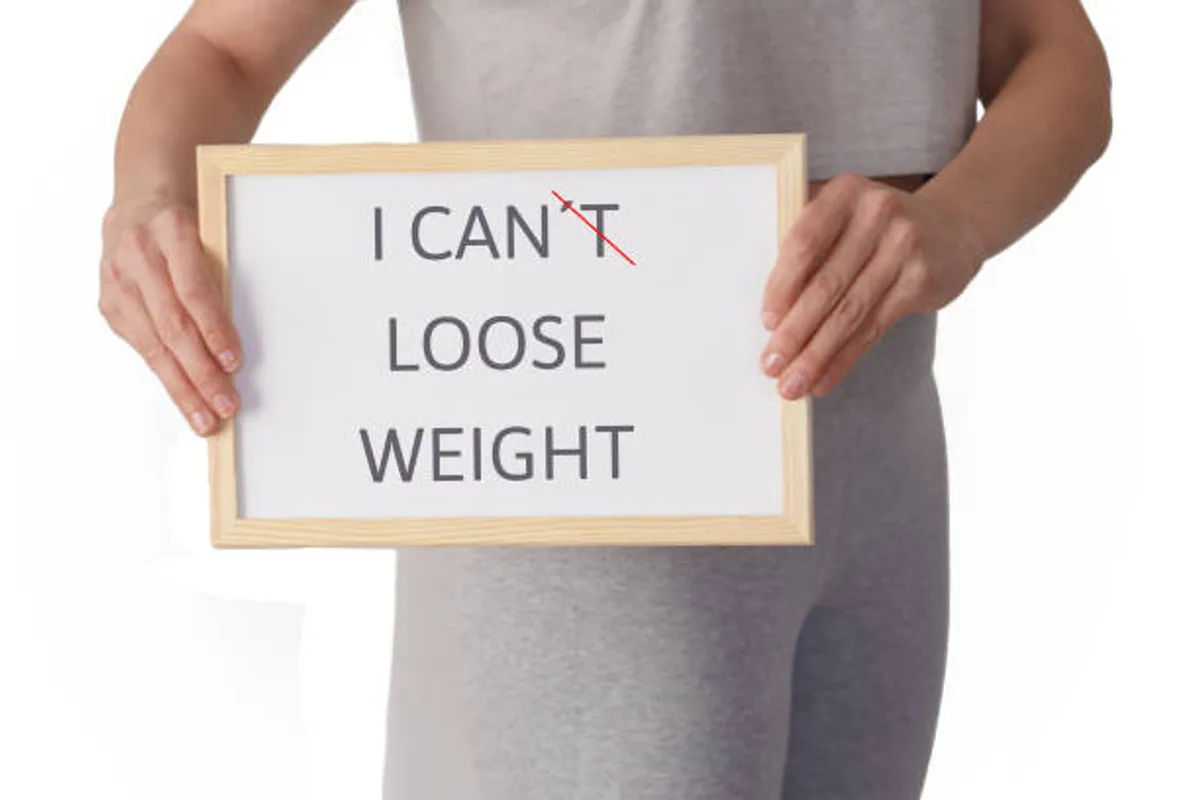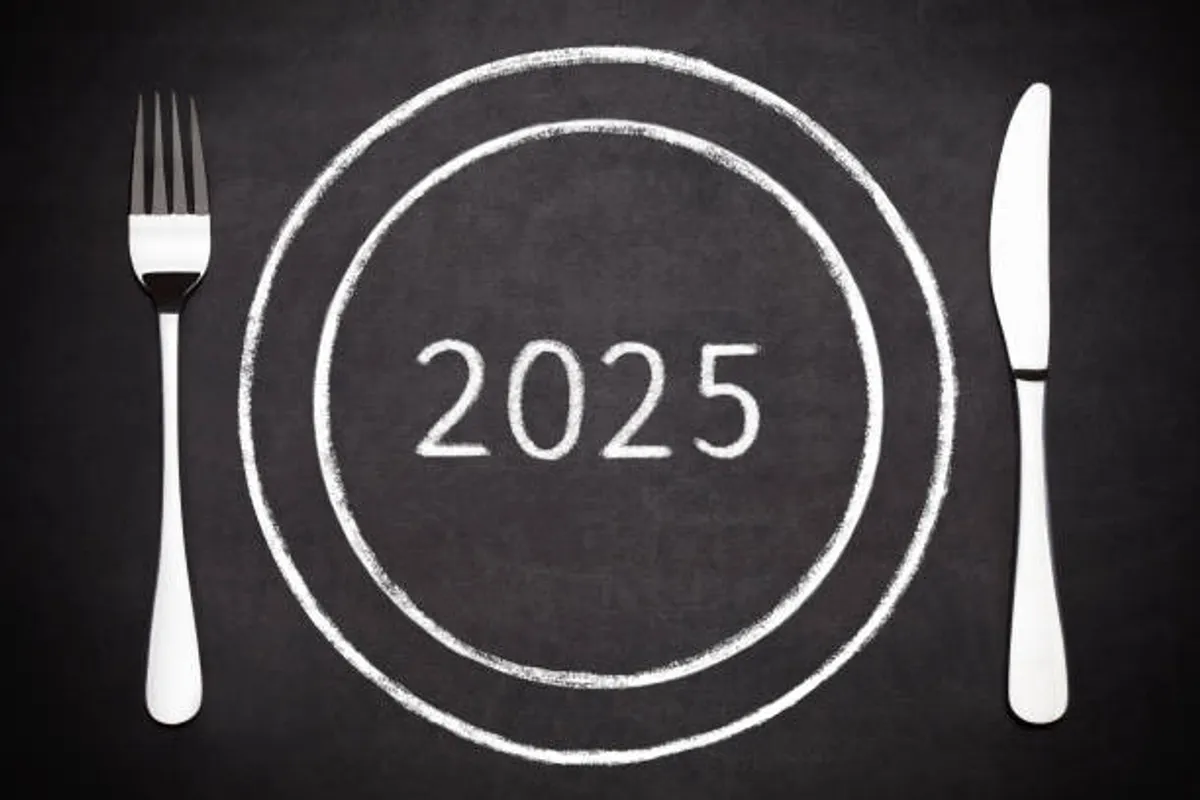Personalized Nutrition and AI Meals: The Weight Loss Trend of 2025

GeokHub

The era of one-size-fits-all dieting is over. In 2025, personalized nutrition powered by artificial intelligence has become the defining weight loss trend. Instead of following generic meal plans or counting calories blindly, millions are now using AI-driven diet platforms that analyze their body data, metabolism, and lifestyle habits to create meals tailored for lasting results.
This shift marks the end of trial-and-error dieting — replaced by precision nutrition, where every bite is informed by science and customized for the individual.
The Rise of AI Nutrition Coaches
AI-powered meal apps like NutriAI, Zoë, and Lumen+ are leading this transformation. Using biometric inputs — from blood glucose to gut microbiome data — these systems learn how your body reacts to specific foods, then design optimal eating patterns for weight loss, muscle gain, or energy balance.
What makes 2025 different is the integration of continuous data feedback. Wearable devices now sync directly with nutrition apps, allowing real-time adjustments. If your glucose spikes after breakfast, your AI coach immediately suggests a better lunch option. If your metabolism slows, it adjusts your calorie ratio — all without human input.
This constant feedback loop turns weight management into an adaptive, intelligent process, not a restrictive struggle.
Meal Kits Get Smarter
Even food delivery is getting a tech makeover. Smart meal providers such as Eatsense and FuelIQ now prepare meals according to your body’s unique needs, using AI data shared from your devices.
Imagine opening a meal kit that’s not just calorie-counted — but bio-personalized. It knows your nutrient gaps, adjusts your macros, and even syncs with your workout schedule. AI chefs are also making menus more culturally diverse, blending global flavors with scientific precision so healthy eating no longer feels like punishment.
The Science Behind Personalized Diets
At the heart of this revolution lies nutrigenomics — the study of how genes interact with nutrients. Thanks to affordable at-home DNA and microbiome testing, AI systems can now analyze your genetic markers to identify which diets your body naturally responds to.
For example:
- Some people process carbs efficiently, while others gain weight quickly from them.
- Certain genes affect how your body metabolizes fats or caffeine.
- Gut microbiome balance determines how well you absorb vitamins and control cravings.
By decoding this biological puzzle, AI creates meal plans that align with your body’s internal blueprint — making weight loss smarter, faster, and more sustainable.
AI and the End of “Diet Culture”
Interestingly, AI-driven nutrition is helping to dismantle toxic diet culture. Instead of promoting starvation or unrealistic beauty standards, these systems focus on balance, personalization, and long-term health.
Users are guided to eat intuitively with the support of data — not guilt. AI reminders now encourage hydration, mindful eating, and stress reduction, recognizing that emotional health and metabolism are deeply connected.
In many ways, technology is humanizing weight loss again — putting science behind self-care instead of self-punishment.
Ethics and Privacy in the Age of Food Data
With great personalization comes sensitive data. Nutrition AI systems handle highly private information — genetic data, health history, and lifestyle patterns.
To maintain trust, major platforms now comply with strict privacy laws like the EU’s GDPR and California’s CCPA, using end-to-end encryption and anonymized analytics. Users can control what data is shared and delete it anytime.
Transparency in AI nutrition isn’t just good ethics — it’s essential for adoption and credibility.
The Future of Food: Predictive Nutrition
Looking ahead, the next phase is predictive nutrition — AI systems that not only track your health but anticipate future needs.
Soon, your smart kitchen will collaborate with your health app to plan meals before you even feel hungry. Your refrigerator could reorder groceries automatically, your smartwatch might detect inflammation and recommend anti-inflammatory foods, and your oven could adjust cooking time for nutrient retention.
This convergence of AI, health science, and food innovation points to a future where eating well becomes effortless — and deeply personal.
Final Thought
In 2025, AI-powered personalized nutrition is doing what decades of dieting couldn’t: making healthy eating realistic, sustainable, and tailored to the individual.
By turning data into daily meals, technology is reshaping not just how we eat, but how we understand our bodies. Weight loss, once defined by restriction, is now guided by precision, personalization, and progress — one smart meal at a time.








